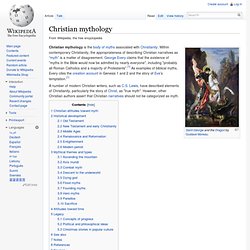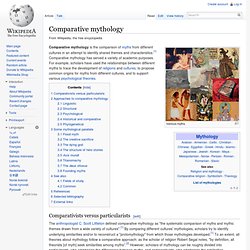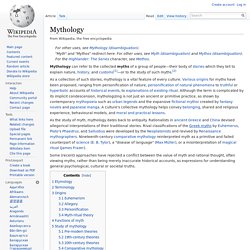

Tree worship. Tree worship (dendrolatry) refers to the tendency of many societies throughout history to worship or otherwise mythologize trees.

Trees have played an important role in many of the world's mythologies and religions, and have been given deep and sacred meanings throughout the ages. Human beings, observing the growth and death of trees, the elasticity of their branches, the sensitivity and the annual decay and revival of their foliage, see them as powerful symbols of growth, decay and resurrection. The most ancient cross-cultural symbolic representation of the universe's construction is the world tree. The image of the Tree of life is also a favourite in many mythologies. Various forms of trees of life also appear in folklore, culture and fiction, often relating to immortality or fertility. Trees are a necessary attribute of the archetypical locus amoenus in all cultures.
Wishing trees[edit] World tree[edit] Religion and folklore[edit] Often the tree is famous for oracles. Christian mythology. Christian mythology is the body of myths associated with Christianity.

Within contemporary Christianity, the appropriateness of describing Christian narratives as “myth” is a matter of disagreement. George Every claims that the existence of "myths in the Bible would now be admitted by nearly everyone", including "probably all Roman Catholics and a majority of Protestants".[1] As examples of biblical myths, Every cites the creation account in Genesis 1 and 2 and the story of Eve's temptation.[1] A number of modern Christian writers, such as C.S. Lewis, have described elements of Christianity, particularly the story of Christ, as "true myth".
However, other Christian authors assert that Christian narratives should not be categorized as myth. Christian attitudes toward myth[edit] In ancient Greek, muthos, from which the English word "myth" derives, meant "story, narrative. " Historical development[edit] Old Testament[edit] According to scholars including Neil Forsyth and John L. Dying god[edit]
Comparative mythology. Various myths Comparative mythology is the comparison of myths from different cultures in an attempt to identify shared themes and characteristics.[1] Comparative mythology has served a variety of academic purposes.

For example, scholars have used the relationships between different myths to trace the development of religions and cultures, to propose common origins for myths from different cultures, and to support various psychological theories. Comparativists versus particularists[edit] The anthropologist C. Comparative approaches to mythology held great popularity among eighteenth- and nineteenth-century scholars. Joseph Campbell in his many writings on what should constitute a total science of mythology describes the difference in the two approaches: "For, as a broad view of the field [of mythology] immediately shows, in every well-established culture realm to which a new system of thought and civilization comes, it is received creatively, not inertly.
Cultures. Mythology. Some (recent) approaches have rejected a conflict between the value of myth and rational thought, often viewing myths, rather than being merely inaccurate historical accounts, as expressions for understanding general psychological, cultural or societal truths.

Etymology[edit] The English term mythology predates the word myth by centuries.[5] It appeared in the 15th century,[7] borrowed whole from Middle French mythologie. The word mythology "exposition of myths" comes from Middle French mythologie, from Late Latin mythologia, from Greek μυθολογία mythologia "legendary lore, a telling of mythic legends; a legend, story, tale," from μῦθος mythos "myth" and -λογία -logia "study.
"[8][9] Both terms translated the subject of Fulgentius's 5th-century Mythologiæ, which was concerned with the explication of Greek and Roman stories about their gods. Terminology[edit] Origins[edit] Euhemerism[edit] Allegory[edit] Some theories propose that myths began as allegories. Personification[edit] See also[edit]